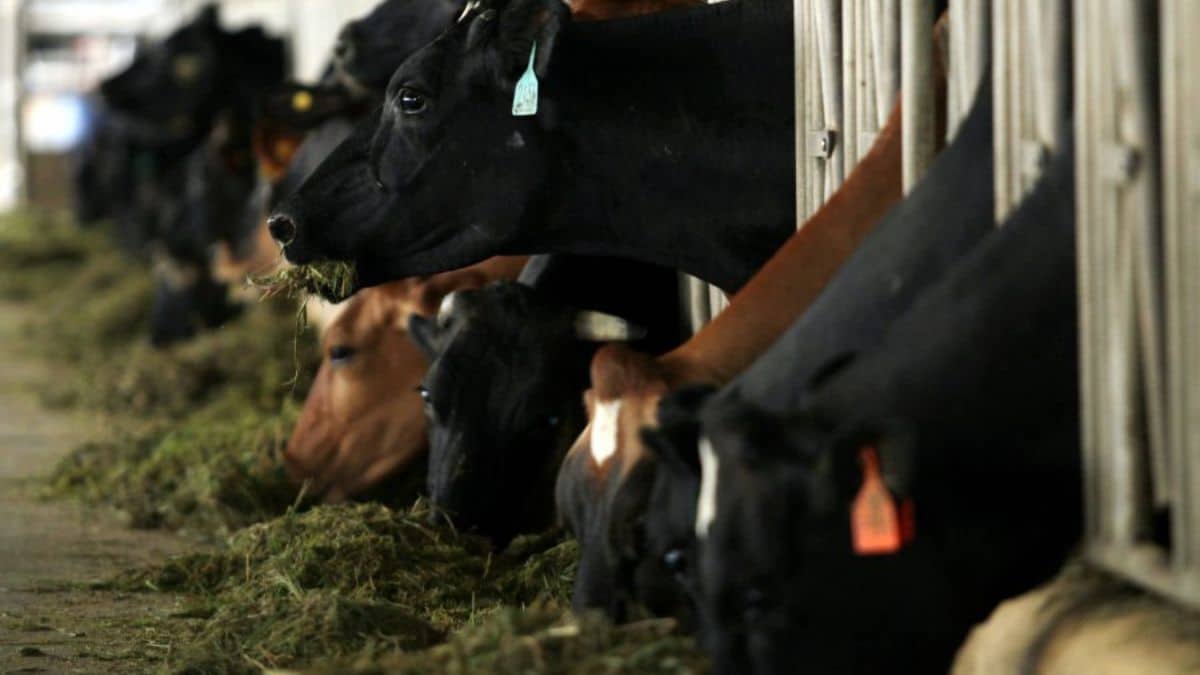South Korea has reported its first case of lumpy skin disease (LSD) in 2024, marking a notable health concern for the country’s livestock sector. The outbreak, confirmed on August 11, 2024, has been detected in a dairy farm in Gyeonggi Province, south of Seoul.
Lumpy skin disease, caused by a virus transmitted by arthropod vectors such as mosquitoes and ticks, primarily affects cattle, leading to fever, nodular skin lesions, and decreased milk production. The disease, which first emerged in Africa in the 1920s, has since spread to Asia, with recent outbreaks in neighboring countries such as China and Japan.
South Korean authorities acted swiftly upon the confirmation of the case. The Ministry of Agriculture, Food and Rural Affairs (MAFRA) has implemented quarantine measures on the affected farm and initiated a comprehensive tracing effort to identify and manage potential further cases. Cattle movements have been restricted within the region, and the MAFRA has urged farmers to enhance biosecurity practices to prevent the spread of the disease.
The government has also announced a vaccination campaign targeting livestock in the vicinity of the outbreak. This preventive measure aims to curb the virus’s spread and mitigate the economic impact on the dairy and beef industries. Farmers are advised to monitor their herds closely and report any symptoms of the disease immediately.
The appearance of LSD in South Korea underscores the need for vigilance and preparedness in managing animal diseases. Authorities are working closely with veterinary experts and international organizations to contain the outbreak and ensure the health and safety of the nation’s livestock.

